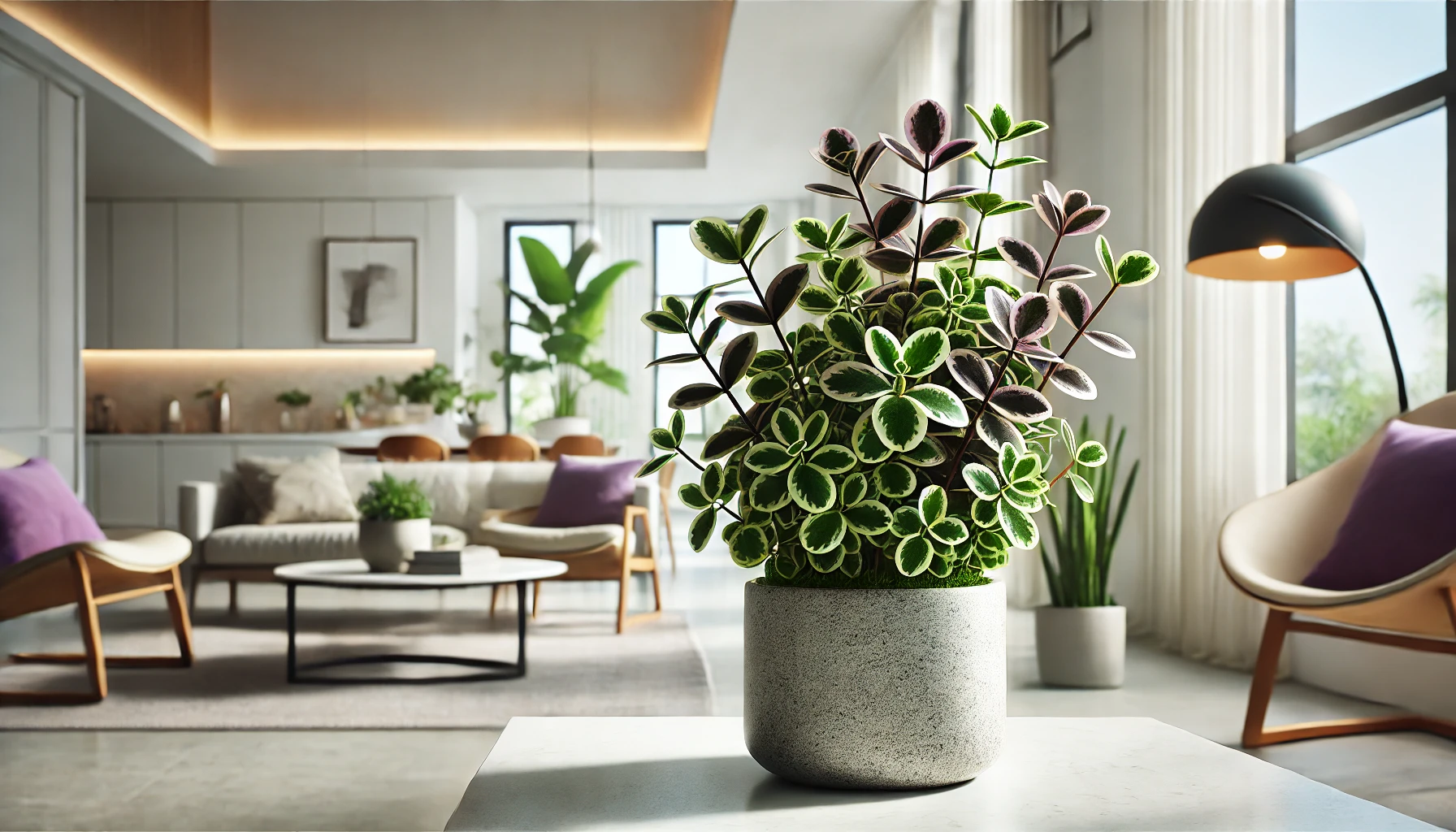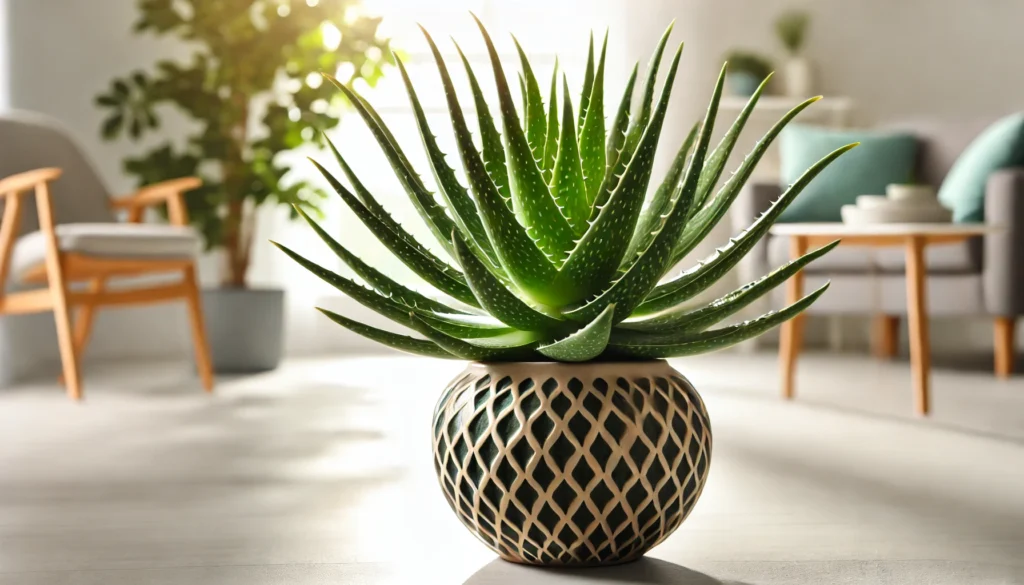
The Bolivian Jew plant, formally known as Callisia repens, is a delightful and colorful addition to any indoor garden. This charming plant features small, oval leaves with vibrant green, purple, and pink hues. Typically, the Bolivian Jew can grow up to 4 inches tall and spread out to about 1-2 feet, making it perfect for hanging baskets or as a trailing accent in mixed plant arrangements.
History and Ideal Growing Conditions
Native to South America, particularly Bolivia and Brazil, the Bolivian Jew plant thrives in tropical and subtropical climates. In its natural habitat, it often grows as ground cover in shaded, humid environments. For optimal growth indoors, replicate these conditions by providing bright, indirect light, high humidity, and well-draining soil. The Bolivian Jew is a resilient plant that can adapt to various conditions, but it flourishes best when its natural preferences are met.
Toxicity and Pets
When considering the safety of your furry friends, the Bolivian Jew plant is generally non-toxic to both cats and dogs. This makes it an excellent choice for households with pets, as you can enjoy the plant’s beauty without worrying about potential harm to your animals.
Best Practices for Caring for the Bolivian Jew Plant
Caring for the Bolivian Jew plant is straightforward and rewarding. With the right attention to watering, humidity, soil, light, and temperature, this plant will thrive and add a splash of color to your home.
Watering and Humidity: The Bolivian Jew prefers consistently moist soil. Water the plant when the top inch of soil feels dry, ensuring that the pot has good drainage to prevent waterlogging. High humidity levels are beneficial, so consider placing the plant in a humid room like a bathroom or kitchen, or use a humidifier to maintain the moisture levels.
Soil, Light, and Temperature: A well-draining potting mix, such as one designed for tropical plants or a blend of peat and perlite, is ideal for the Bolivian Jew. Place the plant in bright, indirect light to keep its colors vibrant and to promote healthy growth. Avoid direct sunlight, which can scorch the leaves. Maintain a temperature range between 60-75°F (15-24°C) for optimal growth.
Common Problems and Remedies
While the Bolivian Jew plant is relatively low-maintenance, it can encounter a few common issues. Overwatering can lead to root rot, so ensure the soil dries out slightly between waterings. Yellowing leaves may indicate overwatering or poor drainage. On the other hand, if the leaves start to curl or turn brown, the plant might be getting too much direct sunlight or too little water. Pests like spider mites and aphids can occasionally infest the plant; treat these with insecticidal soap or neem oil to keep your Bolivian Jew healthy.
Propagation and Benefits
Propagating the Bolivian Jew plant is easy and can be done through stem cuttings. Cut a healthy stem just below a node and place it in water or directly into moist soil. Roots will develop within a couple of weeks, and soon you’ll have a new plant to enjoy or share. The Bolivian Jew is not only visually appealing but also helps improve indoor air quality by filtering toxins and adding humidity to the air.
Final Thoughts
The Bolivian Jew plant is a vibrant and versatile addition to any indoor space. Its stunning foliage and easy care requirements make it a favorite among plant enthusiasts. Whether you’re a beginner or an experienced gardener, the Bolivian Jew plant is sure to bring joy and a touch of tropical beauty to your home.



